In today’s fast-paced world, it’s easy to forget that not everyone has access to the conveniences of modern medicine. Some remote jungle tribes have thrived for generations without the aid of hospitals or pharmaceuticals, relying instead on their profound understanding of the natural world. These communities not only survive but often thrive, maintaining health and vitality through traditional practices and natural remedies. Let’s take a journey into the heart of the jungle to discover how these tribes manage to live healthily without modern medical interventions.
1. The Yanomami: Guardians of the Amazon’s Secrets
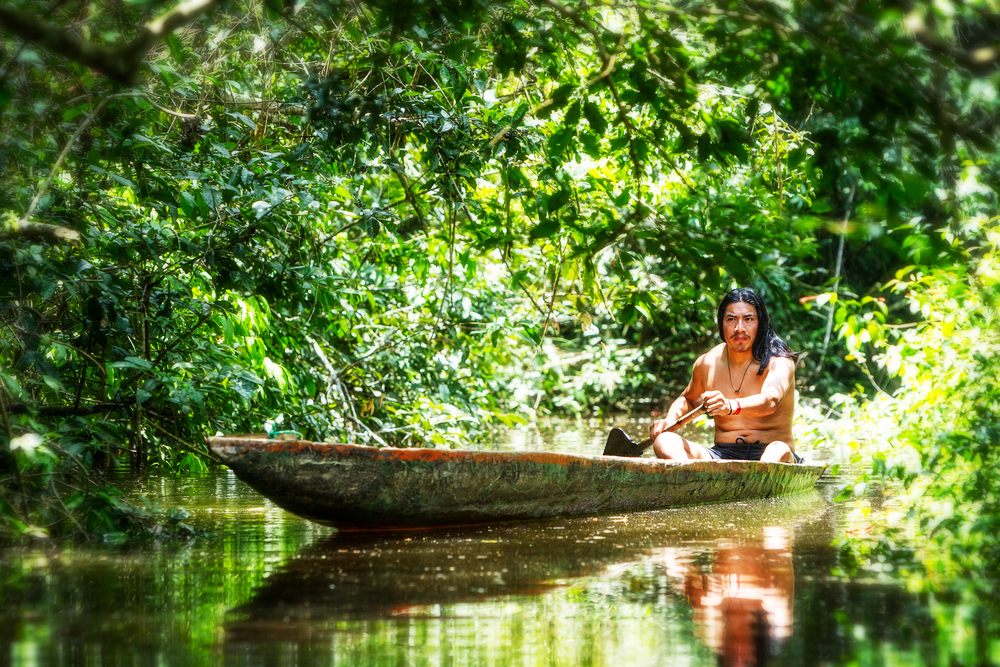
Deep within the Amazon rainforest, the Yanomami people have lived for centuries, developing an impressive knowledge of the flora and fauna surrounding them. Their medicinal practices are rooted in a profound understanding of their environment, relying on hundreds of plant species to treat ailments ranging from respiratory issues to digestive problems. According to National Geographic, they utilize the bark of certain trees to create antiseptic washes, highlighting the sophisticated botanical knowledge they’ve preserved over generations.
Their way of life is deeply interconnected with the forest, which serves as both their pharmacy and source of sustenance. Spiritual healing is also integral to their health practices, with shamans playing a crucial role in maintaining the community’s well-being. The Yanomami emphasize harmony within their environment, believing that health issues often arise from spiritual imbalances. Their holistic approach ensures they address not just physical symptoms but also the emotional and spiritual aspects of health.
2. The Huli Wigmen: Masters of Herbal Medicine

According to tour company South Sea Horizons, in the remote highlands of Papua New Guinea, the Huli Wigmen are renowned not only for their striking appearance but also for their extensive knowledge of medicinal plants. They use over 300 plant species for medical purposes, with treatments designed to combat a wide range of ailments from wounds to infections. These practices are passed down through oral traditions, with each generation learning the intricate details of preparing and administering these natural remedies.
The Huli’s health practices are deeply intertwined with their cultural rituals, where medicine is often part of broader community ceremonies. They often incorporate plant-based treatments with spiritual practices, believing that physical and spiritual health are inseparable. This approach allows them to maintain resilience against common diseases without relying on modern medicine. The Huli demonstrate that traditional knowledge and customs can be as effective as contemporary medical practices when used correctly.
3. The Maasai: Thriving on Traditional Wisdom

The Maasai people of East Africa are known for their vibrant culture and nomadic lifestyle, maintaining their health through an intricate blend of traditional practices and natural resources. They rely heavily on herbal medicine, using plants like the “osokonoi” tree to treat symptoms of malaria and other common illnesses in their region. As detailed by the BBC, Maasai healers are experts in their field, possessing extensive knowledge of the region’s flora and natural remedies.
Living in harmony with nature, the Maasai’s diet and physical lifestyle contribute significantly to their overall health. Their pastoralist lifestyle ensures they engage in regular physical activity, which, along with their diet, helps them maintain a robust immune system. Community plays a vital role in their approach to health, with communal support systems ensuring individuals have access to the necessary care and knowledge. The Maasai’s commitment to preserving their traditional practices allows them to navigate health challenges effectively without relying on modern medicine.
4. The San Bushmen: Survival Experts of the Kalahari
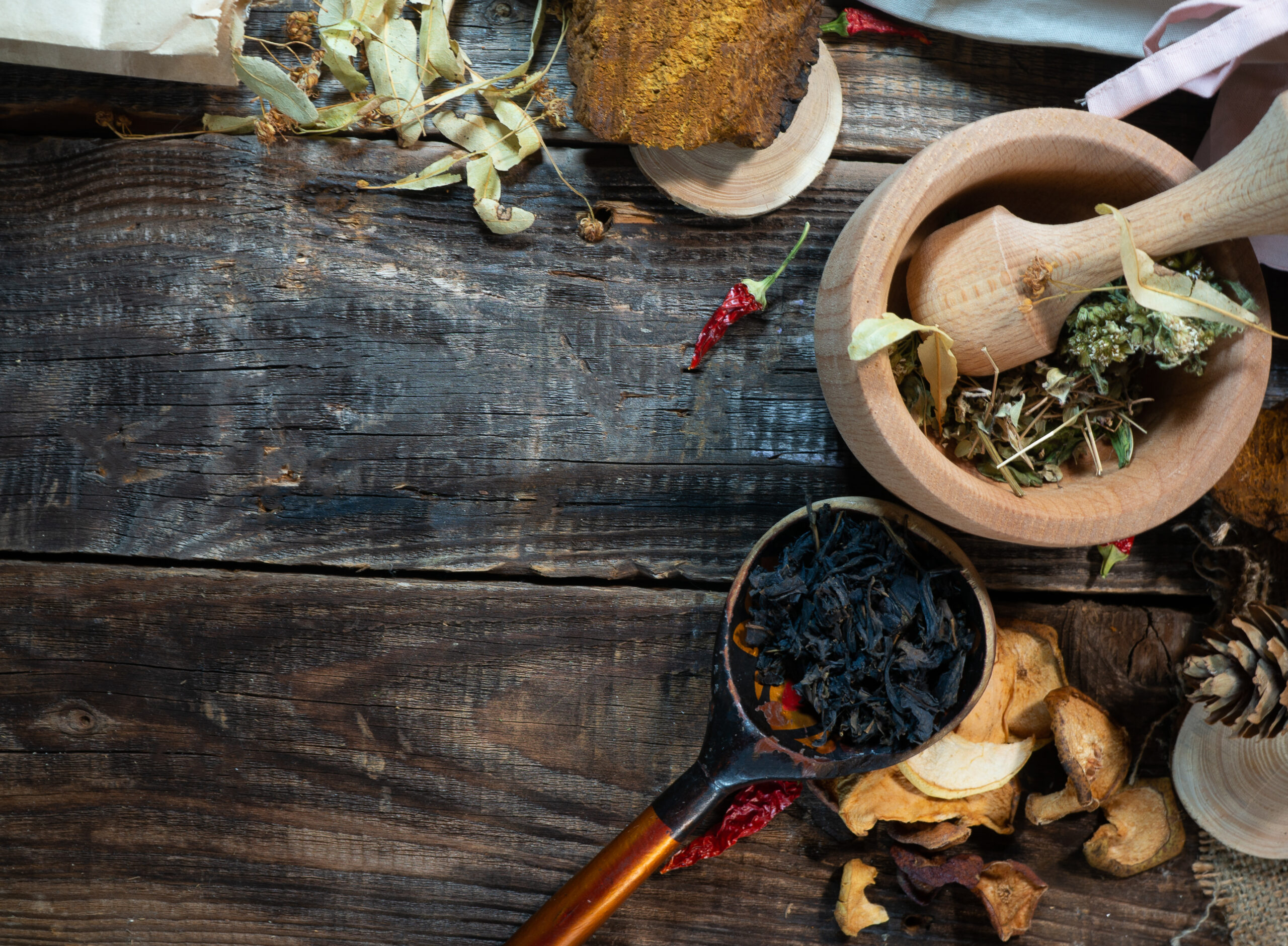
The San Bushmen, residing in the Kalahari Desert, are exceptional in their ability to survive in one of the world’s harshest environments. Their knowledge of the desert’s resources is unparalleled, allowing them to use native plants for nutritional and medicinal purposes. Despite the arid conditions, they have identified a variety of plants that offer therapeutic benefits, addressing everything from fever to gastrointestinal issues.
Their hunter-gatherer lifestyle ensures they remain physically active, contributing to their overall health and resilience. The San’s traditional healing practices often involve rituals and trances, which play a significant part in their spiritual and physical health maintenance. Their reliance on natural remedies is complemented by a deep cultural belief in the interconnectedness of mind, body, and spirit. Through their unique approach to health, the San manage to thrive in an environment that many would find inhospitable.
5. The Inuit: Navigating Health in Arctic Extremes

Living in the Arctic regions, the Inuit have developed unique strategies to maintain health in extreme cold conditions. Their traditional diet, rich in omega-3 fatty acids from fish and marine mammals, plays a crucial role in keeping them healthy and resilient. This diet helps prevent diseases like cardiovascular issues, which are prevalent in other parts of the world.
In addition to their diet, the Inuit have a wealth of traditional knowledge regarding the medicinal properties of local plants, such as using willow bark for pain relief. Their community-oriented approach ensures that knowledge is passed down through generations, preserving their cultural heritage. Spiritual practices and storytelling are integral to their way of life, promoting mental health and community bonding. Through these traditional methods, the Inuit maintain their health despite the challenges posed by their environment.
6. The Bedouin: Desert Dwellers with Ancient Remedies
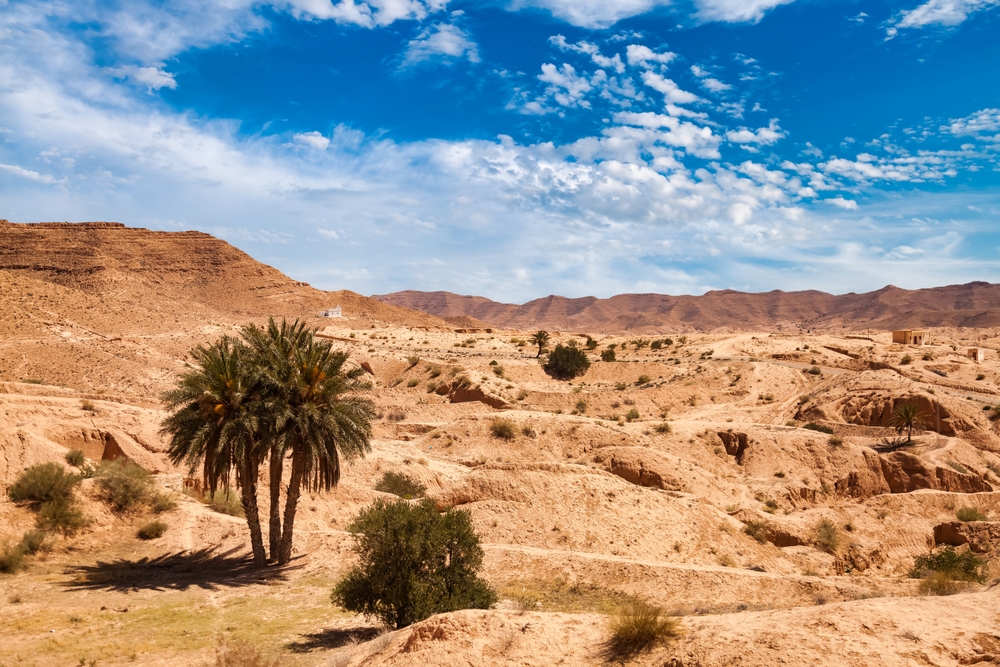
The Bedouin of the Arabian Desert have thrived for centuries by adapting to their harsh surroundings with a wealth of traditional knowledge. They are adept at finding medicinal plants in the arid desert, using remedies like camel’s milk for its probiotic benefits and various herbs to treat ailments. Their nomadic lifestyle ensures they remain physically active, contributing to their overall health and longevity.
Oral tradition plays a crucial role in the preservation of their medicinal knowledge, with each generation passing down secrets of survival and health. Community and family bonds are strong within Bedouin culture, providing social support essential for mental and emotional well-being. Spiritual practices are interwoven with health care, with rituals and prayers often accompanying treatments. By maintaining these traditions, the Bedouin continue to survive and thrive without relying on modern medicine.
7. The Aymara: High-Altitude Healers
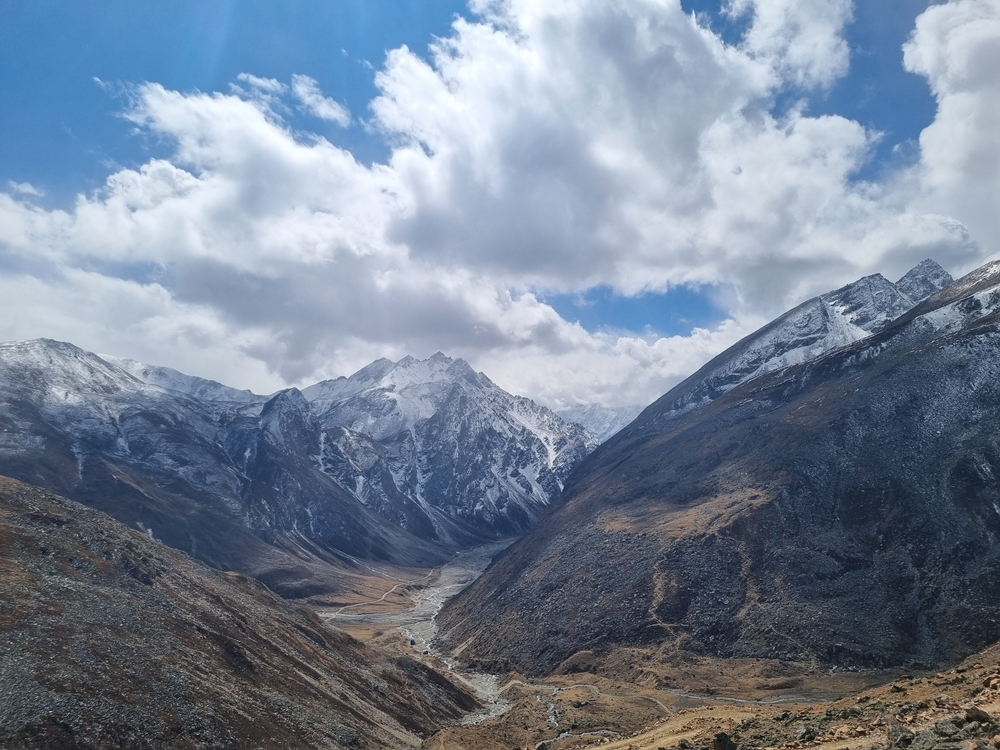
The Aymara people, living in the Andes mountains, have adapted to high altitudes through a mix of traditional practices and natural medicine. Their diet is rich in potatoes and quinoa, providing essential nutrients that help them cope with the harsh conditions. They also use coca leaves for their stimulating effects, assisting with altitude sickness and providing energy.
Traditional healers, known as yatiris, play a central role in Aymara health practices, using herbs and spiritual rituals to treat various ailments. Their approach to health is holistic, addressing not just physical symptoms but also emotional and spiritual well-being. The community structure supports the dissemination of health knowledge, ensuring everyone has access to these valuable practices. Through their unique blend of traditional wisdom and natural resources, the Aymara maintain good health at altitudes that would challenge many.
8. The Aborigines: Custodians of the Outback’s Medicine

Australian Aborigines have lived on the continent for tens of thousands of years, developing an incredible depth of knowledge about the medicinal properties of native plants. They use a variety of flora to treat ailments, from eucalyptus for respiratory conditions to tea tree oil for skin infections. This traditional pharmacopoeia is complemented by a strong cultural emphasis on spiritual and communal well-being.
Their understanding of the land is profound, with health practices that are deeply integrated with their cultural beliefs and rituals. Storytelling and songlines play a vital role in transmitting knowledge about health and healing. The Aboriginal approach to medicine is holistic, treating individuals within the context of their community and environment. Through these practices, they maintain resilience and health in a landscape that challenges many.
9. The Tuareg: Desert Navigators with Traditional Remedies
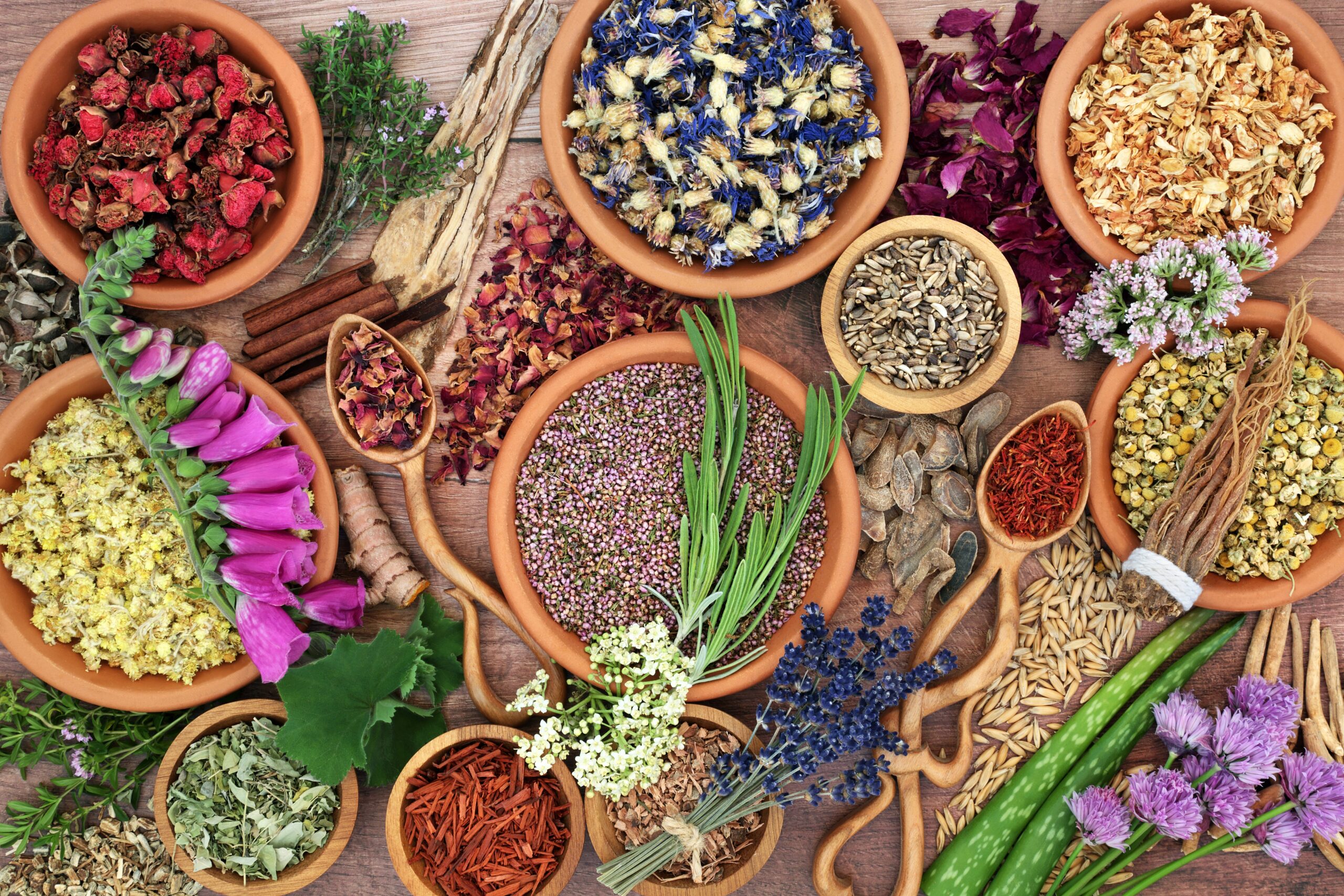
The Tuareg people, known as the “Blue People” of the Sahara, have developed traditional remedies and practices to maintain health in the unforgiving desert. They utilize plants like the desert date for its nutritional and medicinal properties, treating ailments ranging from digestive issues to skin conditions. Their knowledge of desert plants is extensive, passed down through generations orally.
Living a nomadic lifestyle, the Tuareg maintain physical fitness and resilience, which are crucial for their survival in the desert. Community plays a central role in their approach to health, providing a network of support and knowledge sharing. Spirituality and rituals are intertwined with their health practices, ensuring a balance between physical and mental well-being. The Tuareg’s traditional health wisdom allows them to thrive in one of the most challenging environments on earth.
10. The Kayapo: Protectors of the Rainforest’s Pharmacy
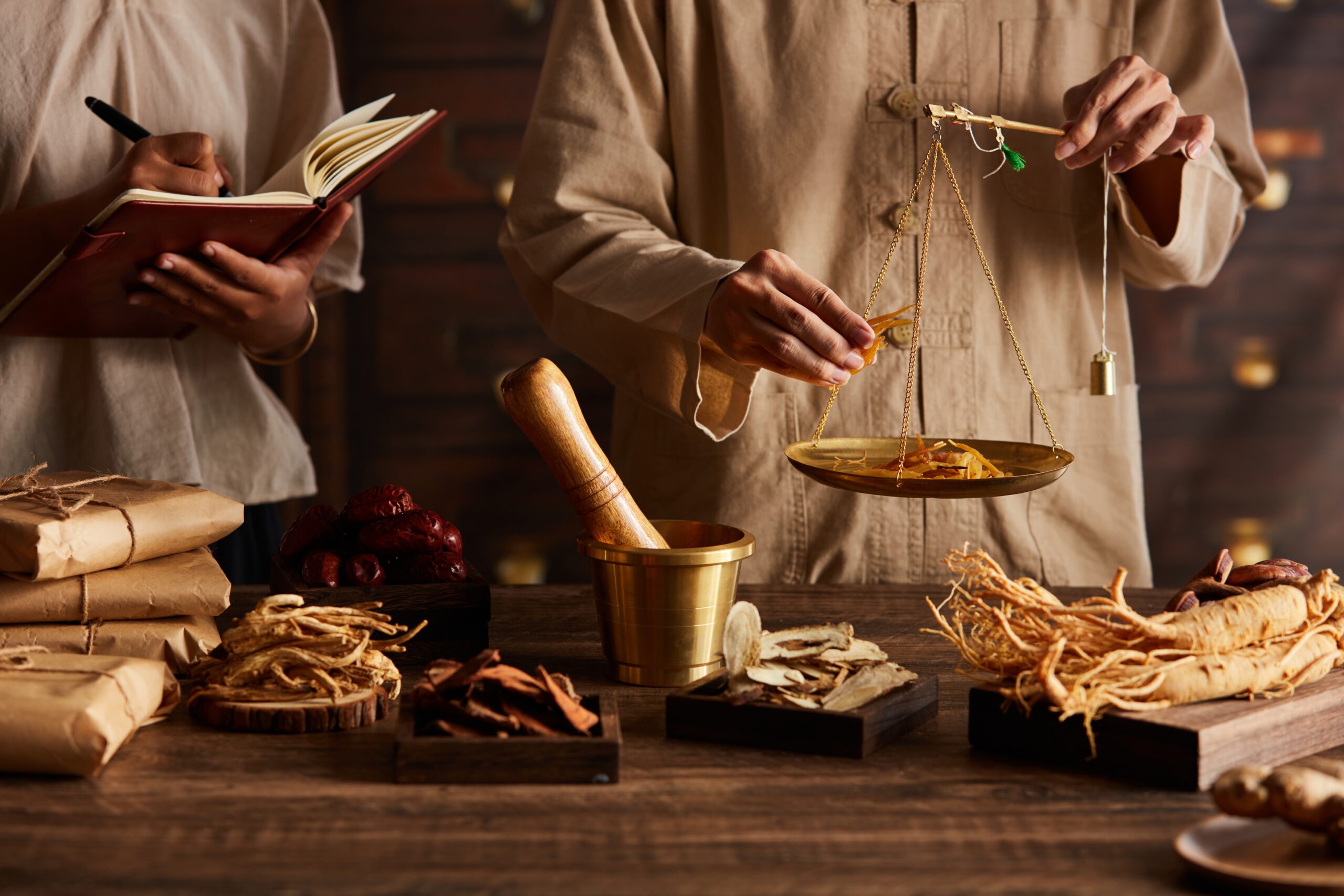
The Kayapo of the Brazilian Amazon are not only environmental activists but also custodians of a vast repository of medicinal knowledge. They use hundreds of plant species for their healing properties, treating everything from infections to inflammatory conditions. Their understanding of the rainforest’s biodiversity is profound, enabling them to utilize natural resources effectively.
Shamans are central to Kayapo health practices, combining botanical knowledge with spiritual guidance. The community’s health is maintained through a combination of traditional medicine and cultural practices that promote harmony with nature. By protecting their environment, the Kayapo ensure the sustainability of their medicinal resources. Their commitment to traditional practices offers a powerful example of how indigenous knowledge can sustain health without modern medicine.
11. The Himba: Desert Survivors with Herbal Wisdom
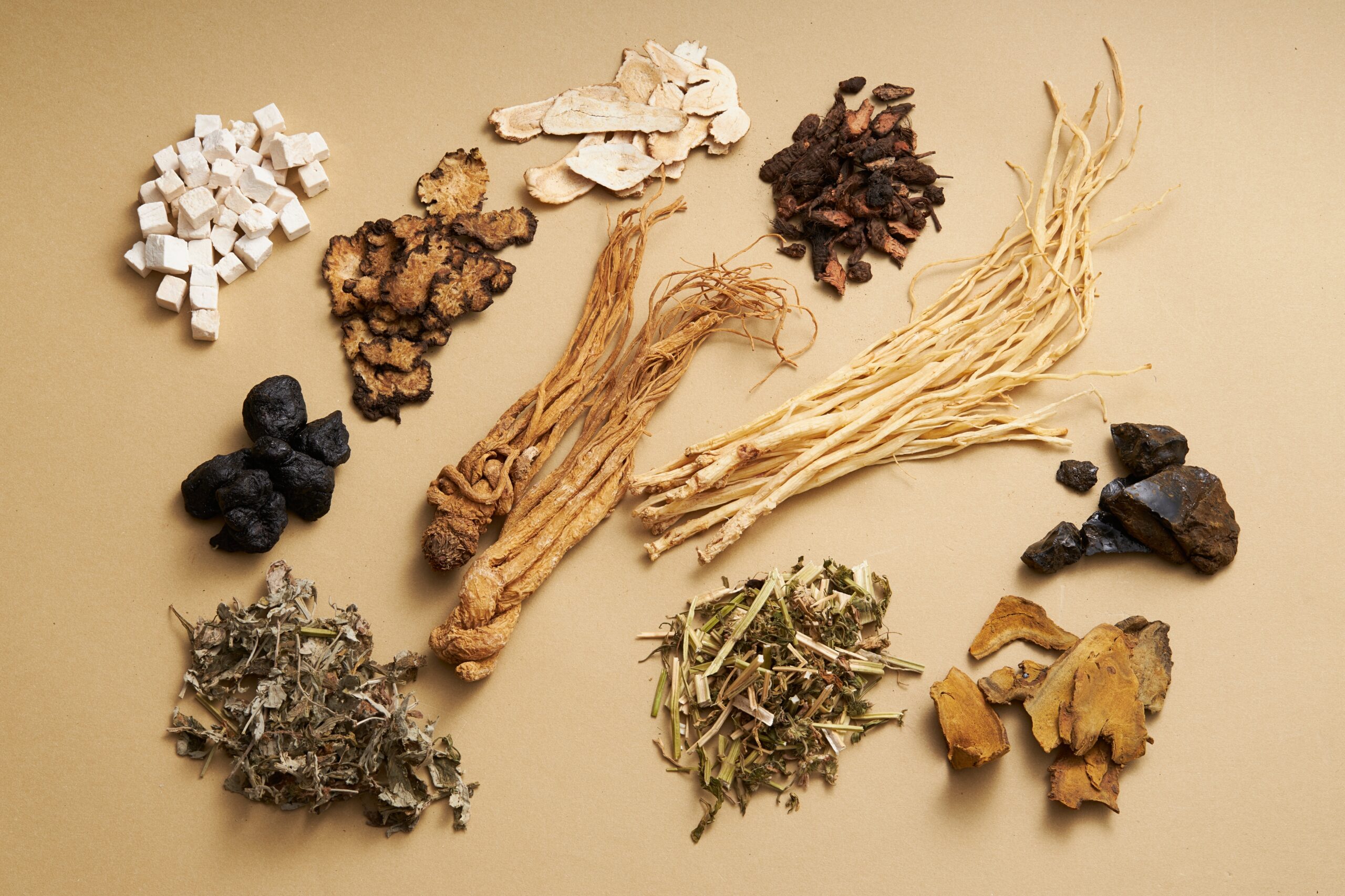
In Namibia’s arid landscapes, the Himba people have developed a unique approach to health and medicine, relying on the sparse vegetation for remedies. They use herbs like myrrh and other local plants to create ointments and infusions for healing. These plants are integral to their health practices, which are maintained through a combination of oral tradition and practical application.
The Himba lifestyle is inherently active, with their pastoralist way of life contributing to their physical health and resilience. Community and kinship ties are strong, providing support and shared knowledge essential for health and well-being. Their spiritual beliefs are deeply connected to their health practices, ensuring a holistic approach to well-being. The Himba demonstrate that even in the harshest conditions, traditional knowledge and community support can sustain health effectively.
12. The Quechua: Healers of the Andes
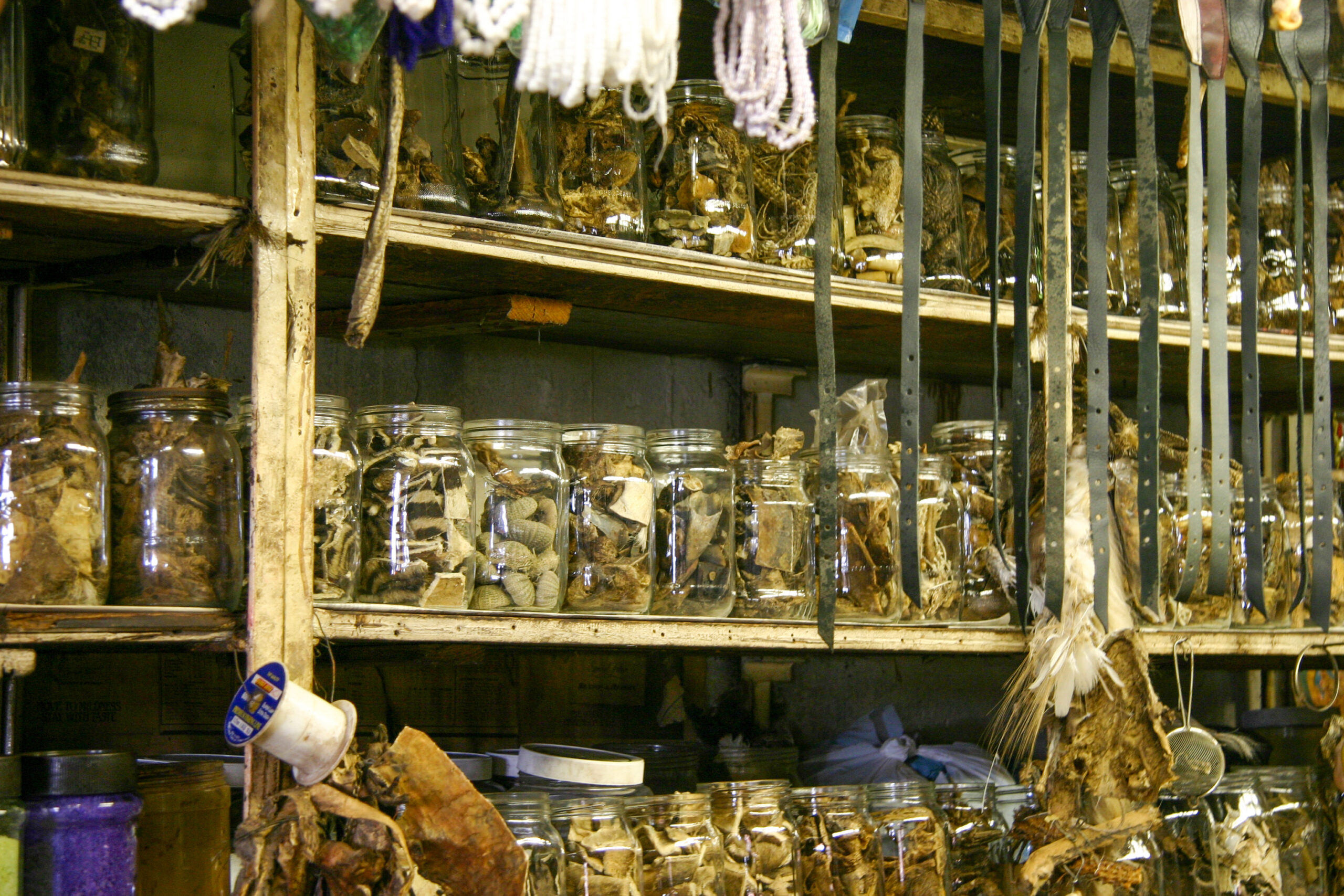
The Quechua people, descendants of the Incas, are renowned for their profound knowledge of Andean medicinal plants. They use various herbs and roots to treat ailments, with coca leaves being a staple for altitude sickness and energy. Traditional healers, or curanderos, play a key role in administering treatments and conducting rituals for healing.
Their holistic approach to health is deeply connected to their cultural beliefs, emphasizing balance and harmony with nature. The Quechua diet, rich in local crops like quinoa and potatoes, provides essential nutrients that support health and resilience. Community and family are central to their health practices, ensuring the transmission of traditional knowledge. Through their integration of natural medicine and cultural practices, the Quechua maintain a robust approach to health without modern medical intervention.
